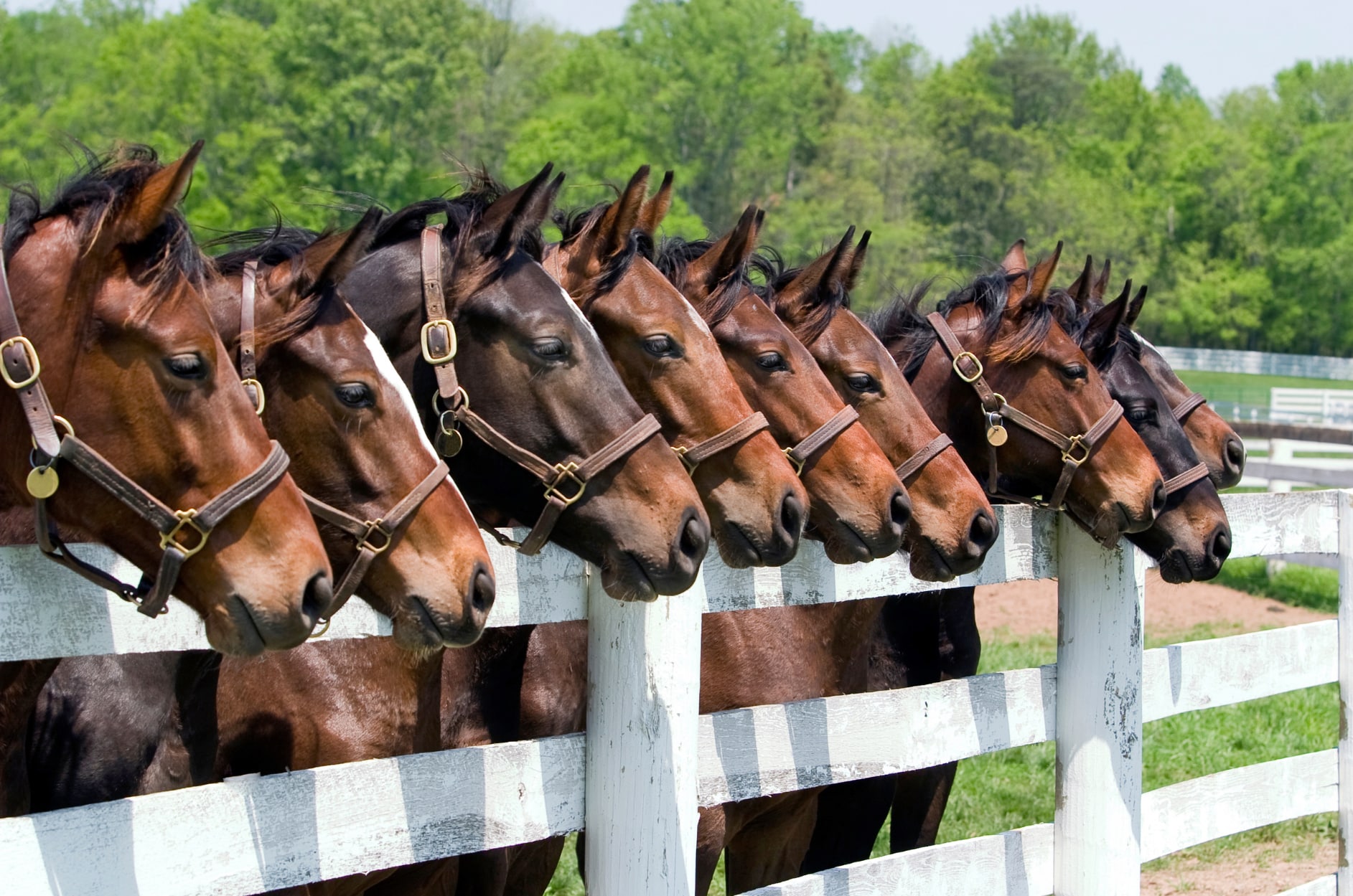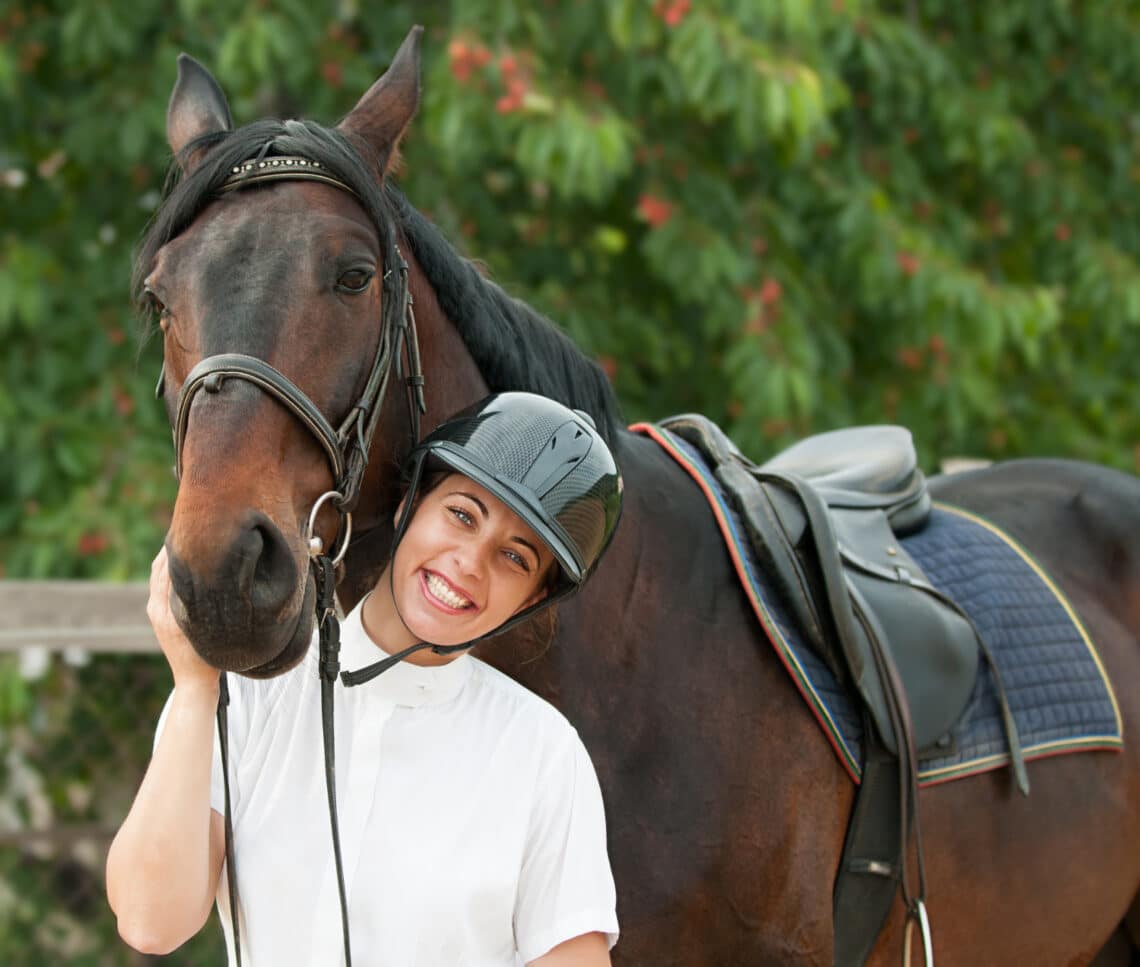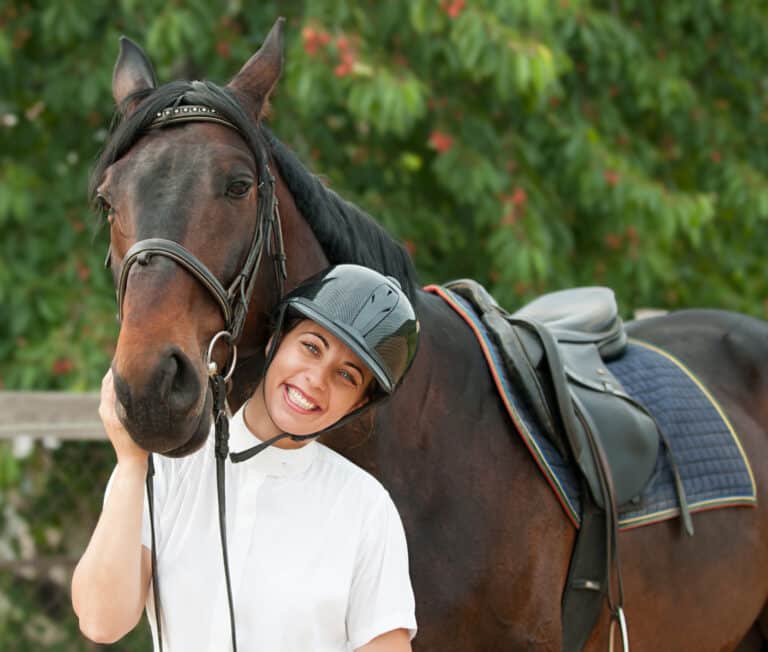
Seven top tips for buying a horse
Before you buy, CHRISTINE ARMISHAW has some tips to help you choose wisely.
When you’re in the market for a horse, whether you’re a first-time owner or not, it’s all too easy to let your heart rule your head. You might be fixated on a particular breed, or a particular colour, or be absolutely sure that you want a gelding and definitely wouldn’t consider a mare.
Unfortunately, having too narrow a focus, or being blinded by love for the first horse you see, can end up with you buying one that’s not a good match for your riding abilities, or won’t take you where you want to go on your riding journey. The end result? Huge disappointment all round and probably wasted time and money too.:

1) Talent/Suitability: This might sound blindingly obvious, but has the horse you’re interested in done, or do they have the potential to do, what it is you want to achieve with them? No matter whether you’re looking for a pleasure horse, or you want one to compete with, don’t be swayed by their looks, breed, or charm. They must tick your boxes and be fit for purpose.
2) Look for the right signs: Watch for how often they lick and chew. Why? Because that’s a sign of how quickly and well a horse is processing information and learning. An anxious horse takes longer to learn and will not lick and chew as frequently. For example, you’re on the ground and you ask the horse to take a few steps back. Do they lick and chew after they’ve moved, or are they holding onto tension with a hard look in their eye? Essentially, you want a horse that processes information quickly because they’re the easiest ones to train
3) Is the horse interested in people? How curious is the horse in the fact that you are even there? With no treats in your hands, does the horse still want to interact with you and show as much interest in you as you do in them? It doesn’t matter how much you might love a horse, if they’re not interested in people you are unlikely to have the kind of relationship with them that you are probably dearly hoping to have.
4) What’s the worst case scenario? Explain to the owners that you are fully aware that their horse, like all horses, is going to have horse moments, and all you need to know is how they’re likely to react in those moments. If the horse is getting frustrated, or doesn’t understand what’s being asked of them, or has a bit of a bee in their bonnet about something, what’s their go-to response? Are they likely to buck? Pig root? Rear? The point is that no horse is perfect. They all have a default mode when they’re under stress, and you have to be sure you’re perfectly willing and capable of dealing with whatever that horse’s default might be.
5) What bit is the horse ridden in? Once you know the type of bit, it will give you a handle on how hot the horse is likely to be. For example, if the answer is a Waterford, one of the strongest bits available, it’s an indication that the horse is either very strong, or hot, or a bit of both! Either way, if you’re an inexperienced rider, no matter how much you might love the horse, it’s probably not the right one for you.
6) Who’s currently riding the horse? If the horse is being produced and sold by a professional rider on the owner’s behalf, and goes beautifully for you on the day you go and try it out, that’s a very different proposition to one that’s being ridden by a 12-year-old with their stirrups on upside down and their bridle a bit twisted and yet the horse still goes well! There’s absolutely nothing wrong with buying a horse that’s been professionally produced, but if you don’t have the experience or know-how to continue riding them correctly, in the same way they’ve been trained, they may begin to fall into some bad habits. It’s always a good idea to have lessons with your new horse to make sure you’re up to speed
7) What’s the horse’s current feed/paddock set up? This one is super important. If you buy a horse who is an absolute angel, but has been living in a dry climate where there’s little grass, and you transport them to a location where the grazing is lush, don’t be surprised if your angel suddenly turns into a demon! It’s not that the horse had been sedated when you tried it out, it’s simply that all that rich grass has gone straight to their head. Adjust their feed and your angel will reappear as if by magic.
Christine Armishaw Equestrian offers a wide variety of coaching and other equestrian services at her Otford Valley Equestrian Agistment & Training Centre just south of Sydney, NSW.



